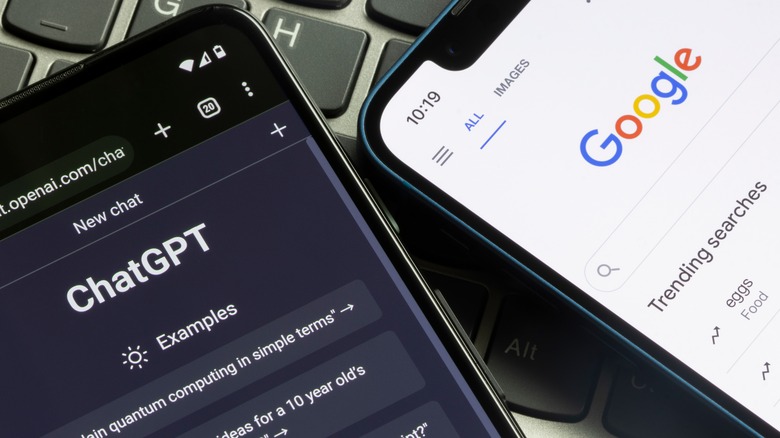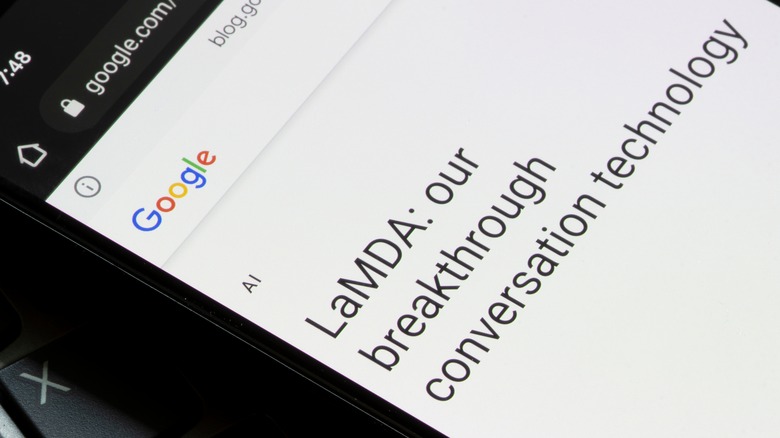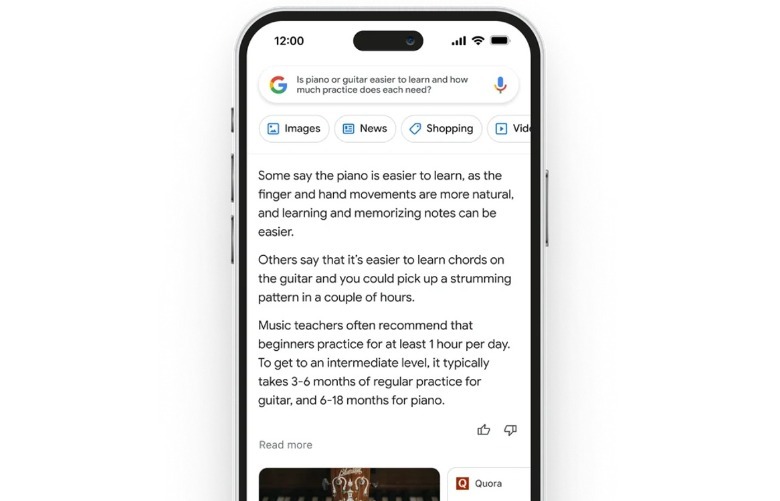Google Launches 'Bard' Giving ChatGPT Some AI Competition
Ready or not, the AI revolution is upon us, and with it comes the potential to drastically change the way humans share and acquire information. Only weeks after OpenAI's ChatGPT conversational artificial intelligence chatbot went viral — and Google very publicly reacted by bringing back the company's founders — Alphabet CEO Sundar Pichai has announced the arrival of Bard, the company's own conversational AI. The tool is being made available in a very limited way initially, both in terms of its capabilities and who can use it, but we're only weeks away from a wider launch.
ChatGPT is, at the moment, a free service anyone can use to input queries and commands that the conversational AI will then respond to in a strikingly realistic fashion. You can, for example, tell ChatGPT to write you a rap song about Santa, and only seconds later you will have a fully generated piece. You can even get very precise with ChatGPT, asking it to, for example, generate a 500-word short story about a specific character who is experiencing a certain phenomenon, and it will take less than a minute for the AI to produce the written work.
Though such rapid advances in publicly available AI have brought about some very real concerns, there's no stopping the technology. OpenAI has already announced a $20 per month premium subscription for its service, and Microsoft plans to use its investment in the company to bolster its generally lackluster Bing search engine. In light of all of this, it's no surprise that Google mobilized quickly to introduce its own alternative, and its technology will have a tight integration with the company's own Google Search product.
Google Bard is powered by LaMDA and coming to Search
Remember the sensational claim made in mid-2022 that Google's AI chatbot had gained some degree of so-called sentience, leading to an engineer being fired and some heated debates about whether machine sentience will even be possible at any point in the near future? That claim was made about Google's Language Model for Dialogue Applications, more commonly referred to as LaMDA, the artificial intelligence that will power Google's newly announced Bard chatbot. Pichai explains in a Google blog post that the company has been working on Bard for an unspecified duration following the introduction of LaMDA a couple of years ago, and while it's not yet ready to be unleashed on the masses, it is being opened up to "trusted testers."
The odds are high that you're not one of those testers, but that doesn't seem to matter much, as Pichai goes on to explain that Google will make the conversational AI "more widely available to the public in the coming weeks." What can you expect when it finally arrives? Put simply, it looks like Bard will function as Google Search, if Google Search were inherently intelligent enough to digest the mass of information written and shared by humans, and then produce from it a summary, explanation, creation, or suggestion without any actual input from them.
That's an exciting and frightening prospect, though Google insists it will be deploying its technology in a "bold and responsible way," with the features rolling out "soon" on Google Search. The company is initially using a lightweight version of LaMDA that, according to Google, puts fewer demands on the hardware powering it and therefore makes it possible to launch it in a broader way.


